The Saskatchewan government announced its plan to reopen the province on Thursday. After the news broke, the mood in northern Saskatchewan was one of relief; the pandemic, it seemed, was drawing to a close.
“Over the next several weeks, restrictions will be gradually lifted by adding more types of businesses to the allowable businesses list, meaning that they can reopen if they so choose,” Premier Scott Moe said.
But Moe’s “Reopen Saskatchewan” doesn’t apply the same way in the north, at least for now, and northern leadership wants that to be clear.
The day following Premier Moe’s nationally broadcast announcement, Saskatchewan’s Chief Medical Health Officer Dr. Saqib Shahab signed a public health order restricting all non-critical travel to the north and recommending against non-essential travel to or between northern communities.
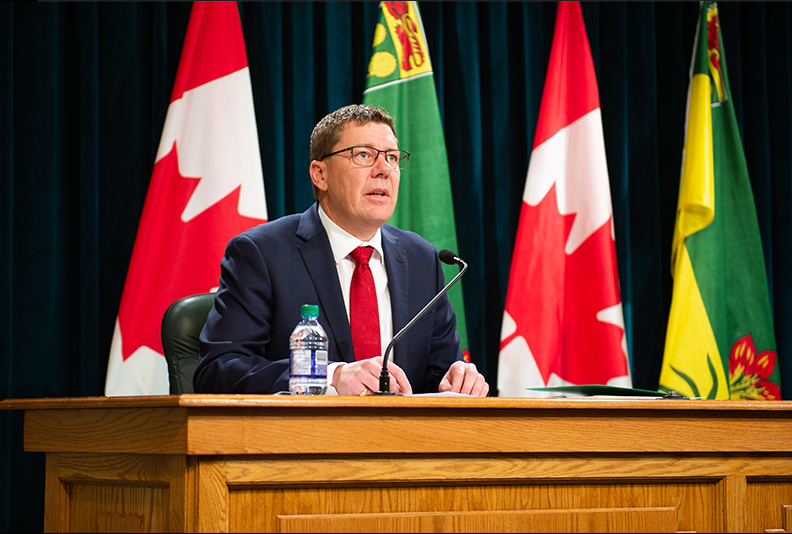
That second announcement turned relief in the north to panic and confusion for many. But northern leaders said it’s what they’ve been calling for all along.
Checkpoints have been established by northern leadership along highways leading into northern Saskatchewan. The province said that Friday’s order provides the legal authority to enforce travel restrictions into the north.
There has been a marked increase of COVID-19 cases in the north, making it a hot spot for the pandemic in Saskatchewan.
Shortly after the government’s announcement, Saskatchewan RCMP said that a civilian employee in La Loche, a village in northwest Saskatchewan, tested positive for COVID-19.
The northern village of La Loche has been coping with an outbreak since mid-April. On Sunday, an elder from La Loche died of COVID-19 while in North Battleford. The death wasn’t announced by the Saskatchewan health authority until Monday.
The majority of active cases are in the Far North region as it appears on Saskatchewan health authority maps.
Of the eight new cases announced on Saturday, seven are in the Far North region bringing the total number of cases across the province to 349. The total number of active cases in the province was 57, with 32 of those cases in the Far North.
On Sunday, Saskatchewan had another four new cases of COVID-19, bringing the provincial total to 353 with three out of the four new cases in the North.
And then on Monday, Saskatchewan had 12 more new cases of COVID-19, bringing the provincial total to 365. Eleven of the 12 new cases are in the Far North and one is in the North region.
For perspective, the total population of the northern Saskatchewan economic region as defined by Statistics Canada in the 2016 census is 37,064, compared to 1,098,352 for the entire province.
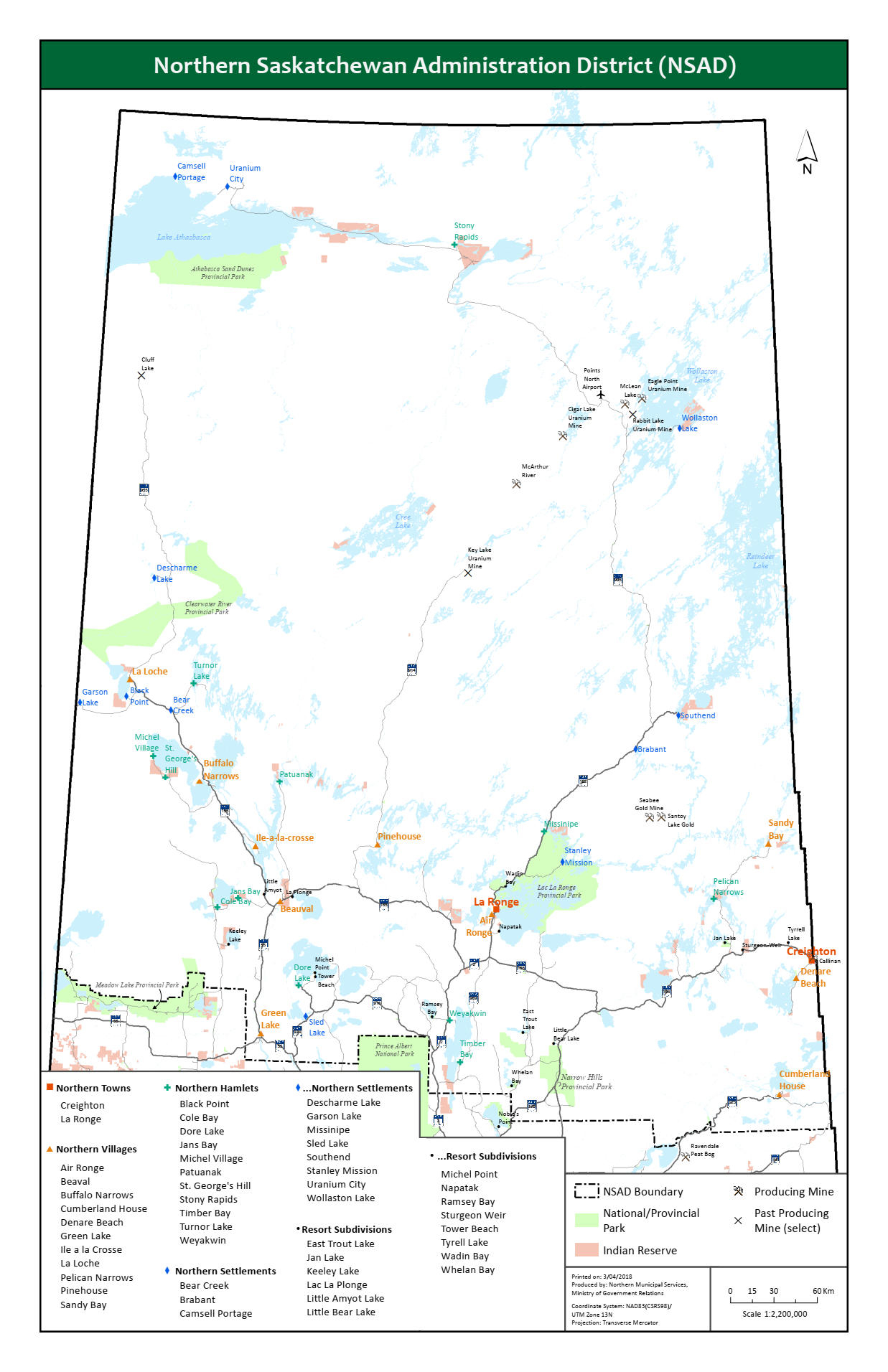
“Our government has already taken significant action to respond to the situation in La Loche and we are taking further action today,” Moe said on Friday.
“I have spoken with La Loche Mayor Robert St. Pierre and several other people in the community and we will continue to work closely with northern leaders to protect the north.”
Northern Saskatchewan faces unique challenges dealing with the pandemic. Long distances between population centers make supplies hard to deliver, and crowded housing can facilitate the spread of disease.
That’s why First Nations, Métis and municipal leaders established the Northwest Communities Incident Command Center COVID response team, which is a community-led initiative to combat the pandemic locally.
They hold daily information and response meetings, share knowledge and build partnerships between communities and are assisted by the 4th Canadian Ranger group and resident military reservists.
“Reopen Saskatchewan is not ready. We don’t have a strategy to go back safely to our normal operations. In our view, if you can’t test us and you can’t vaccinate us, let’s stay isolated,” Rick Laliberte, Incident Commander with the Northwest Communities Incident Command Center COVID response team in Beauval told National Observer.

Laliberte said that there was no consultation with the north of the province before the reopen Saskatchewan plan was unveiled on Thursday.
He said there’s a disconnect between what the province is telling Saskatchewan as a whole and what northern leaders are telling their constituents.
“We were experiencing an outbreak as they were planning to reopen the provincial economy and it was totally counter to what we had been asking for. We wanted travel restrictions,” Laliberte said.
“We only have one ventilator in our whole region. It’s a vulnerable health system for us. You have to go to North Battleford or Saskatoon for anything beyond that.
“We’re dealing now with contaminated garbage. The contaminated garbage right now from the COVID-19 patients. Now we have to haul garbage all the way to Meadow Lake. In Patuanak, there’s a whole truck load of garbage. It’s just sitting in the back of a truck and the ravens are taking it away.”
He said people need to be cognizant of things like the proper disposal of disinfectant wipes, but that knowledge isn’t getting to residents fast enough because of the lack of provincial participation to fight the pandemic.
“If you put disinfectant wipes in your sewer system, your lift stations will back up and if you have a sewer backup in the middle of a pandemic you’ve got double jeopardy… We’re unifying our water and sewer operators in our region in case the water and sewer system goes down because of an operator.”
Some residents also say that neighbouring Alberta should take responsibility for its part in spreading the virus following outbreaks in the oilfields.
“Jason Kenney shut it down. Take responsibility and shut it down because you are impacting a wide region. Jason Kenney spread [COVID-19] to northern Saskatchewan,” Candyce Paul, who is acting as an emergency management liaison with the English River First Nation, told National Observer.
Paul says Alberta Premier Jason Kenney is putting the oil and gas industry ahead of risks to workers, including workers who travel from Saskatchewan to Alberta for jobs.
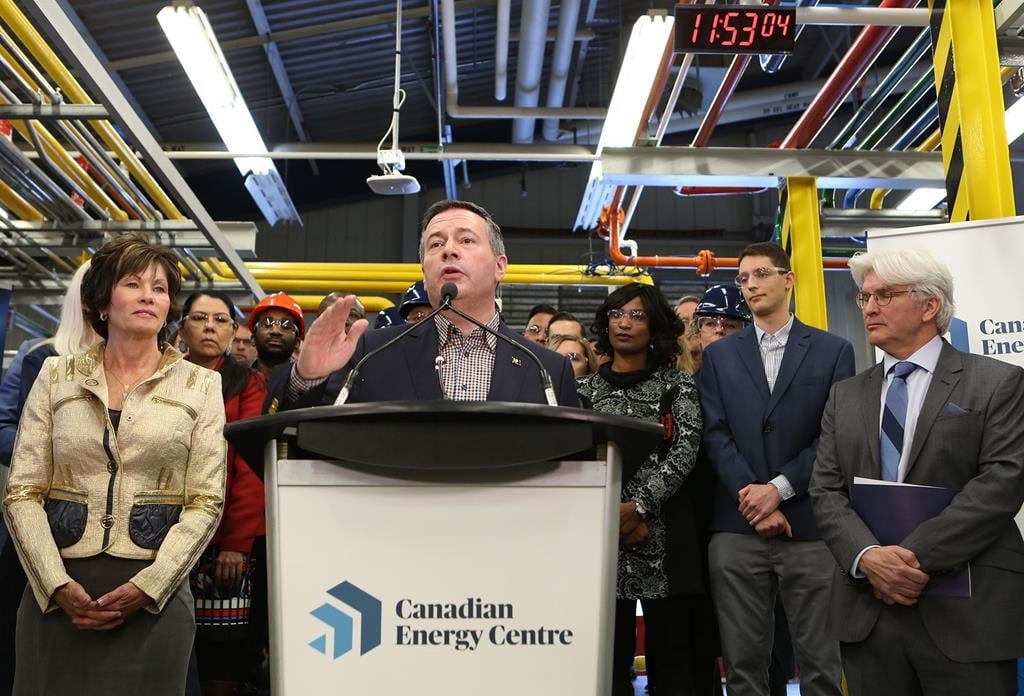
She sees Alberta as even more of a risk to the region than southern Saskatchewan, and blames the Alberta government for not limiting oil extraction activities and allowing the pandemic to spread across borders into northwest Saskatchewan via oil workers.
According to public health authorities, among the first cases in the Far North were the result of workers moving back and forth between northern Saskatchewan and Alberta.
Many residents cross the border for work in the oilsands industry, which is considered an essential service in Alberta.
Paul says some of these workers spend “two weeks on, two weeks off” on average between Alberta and Saskatchewan, putting Sask. communities at risk.
“Northern Alberta was the original public health advisory. Premier Kenney still says [the oilsands] are essential services.”
“Alberta’s decision has impacted northern Saskatchewan. That is the reason we have COVID in northern Saskatchewan.”
That said, Paul believes that northerners have not been a priority for the Saskatchewan government, either. She said that repeated calls from northern leaders for support went unheeded until it was too late.
“The north is just a cash cow to milk dry until it bleeds, and we’re bleeding.”
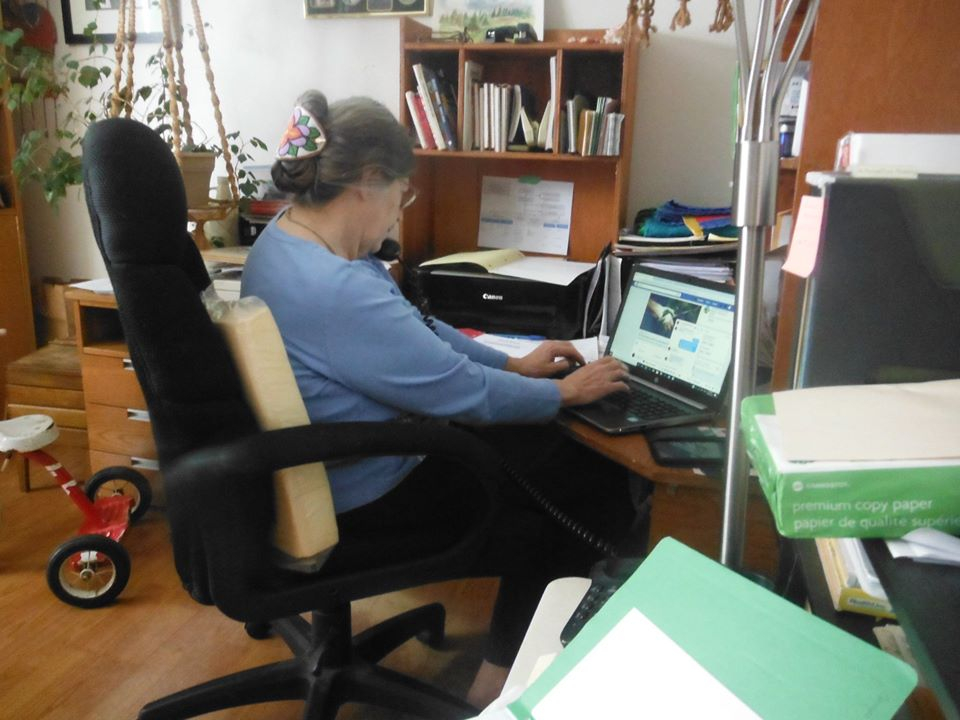
As a result of being ignored, communities say they have had to come up with their own solutions and response plans to deal with the pandemic. They aren’t happy about it, but they aren’t surprised either.
“The north is looking after its own like we’ve always had to. Now that we’re in this we are seeing that we were right. Nobody’s going to do it for us,” she said.
As the northwest of the province is experiencing the brunt of COVID-19, leaders in the northeast region are watching worriedly.
They say that they are just as underfunded as the community of La Loche was before the pandemic hit. They are asking for $10 million in funding from the province to help them prepare, as they have not received any funding from the province to combat the spread of the virus.
“Our municipalities are demanding more support and more resources to help them deal with COVID-19. This is a crisis and we have seen in La Loche and the west side they’re having outbreaks of COVID-19. The provincial government needs to do its part,” Cumberland district MLA Doyle Vermette told National Observer.
“If you’re going to say that you’re partners and that you’re consulting with our leaders let’s be very clear. Why are the leaders calling for the resources that they’re calling for if you’re so-called ‘communicating’ with them?
Vermette is also the NDP’s associate critic for First Nations and Métis relations in Saskatchewan.
“I didn’t get consulted and I was on a call with a bunch of mayors and I didn’t hear any of them saying they’ve been getting phone calls from any government. The northern municipalities know what their communities need, where they can help, and that’s why we’re calling on the province to help them right now in dealing with COVID-19,” Vermette said.
Northern Village of Air Ronge Mayor Gordon Stomp told National Observer that as of Friday, there had been no direct communication to his community about COVID-19 from the provincial government at all.
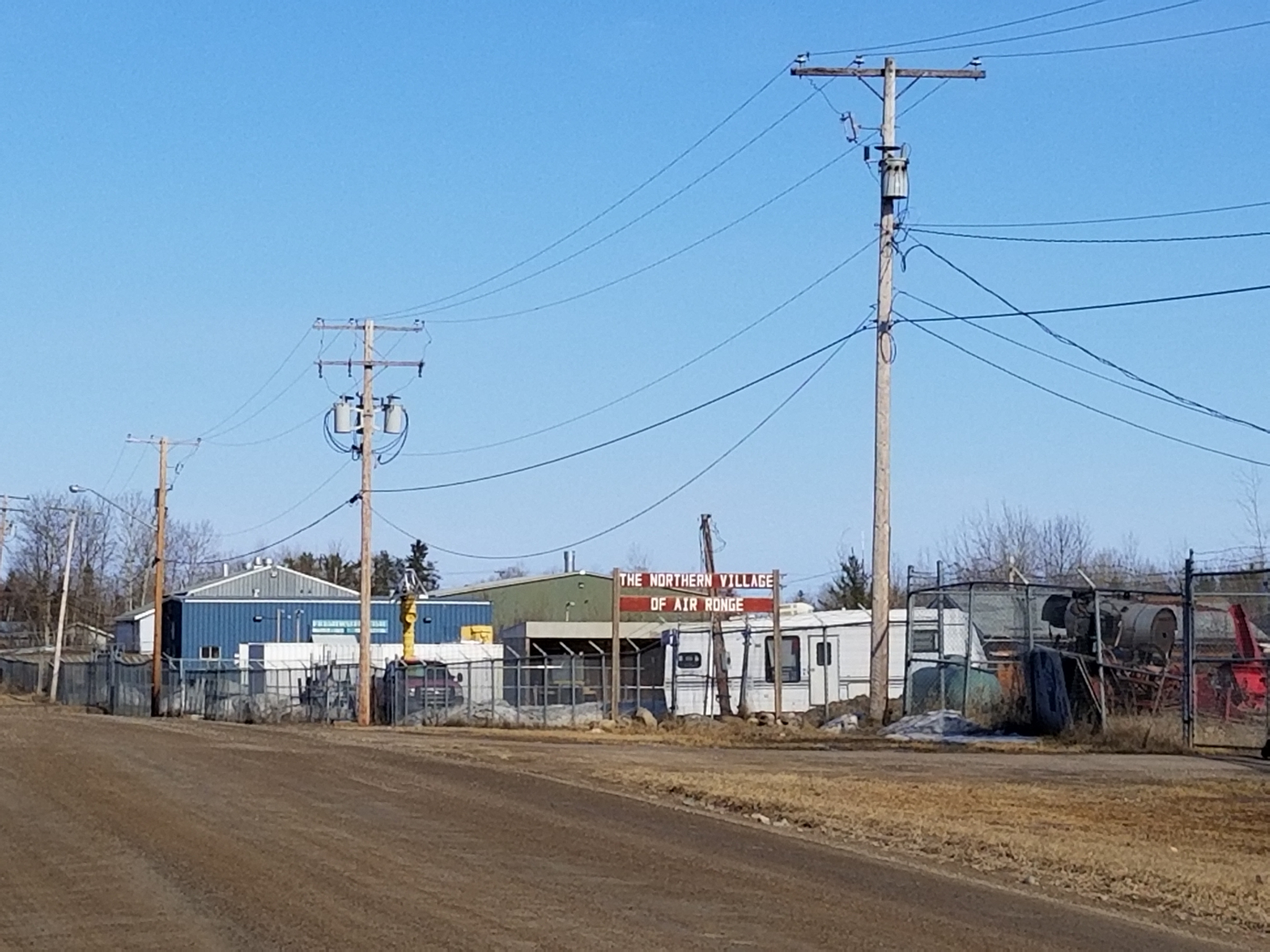
“I’d be terrified if COVID-19 spread to the community. I fear that that would be just terrible. I hope it never happens and I hope we have a better chance. So far we’re doing quite well with the numbers here but things could change tomorrow,” Stomp said.
“You hear the whining in Regina because all their recreational facilities are shut down. Well, we don’t have those sort of amenities in northern Saskatchewan. We don’t have football stadiums and things,” Stomp said.
While federally funded institutions have been getting help for response programming, northern municipalities fall under provincial jurisdiction and have not seen any aid.
They say that this makes it difficult for municipalities to coordinate relief efforts with neighbouring jurisdictions.
“We keep the basic infrastructure going and the basic services, but we’d sure like to help out a little bit along the way with our residents who are all feeling the pinch. Some work at the mines in the north, and there are a lot of laid-off people right now and unemployment has risen some,” Stomp said.
“We would like to help our residents out a little bit and our businesses as well. We’d like to be part of that [relief effort] as municipalities but we have no funding at all. We can’t really respond because monetarily we can’t help out.”
“The pandemic is still here and we need to treat it as seriously today as we did before Mr. Moe released the reopen Saskatchewan plan,” Ryan Meili, MLA for Saskatoon Meewasin and leader of the Saskatchewan New Democratic Party, told National Observer in an interview on Friday after the announcement.
“They released their reopen plan yesterday and there’s an entire chapter on golf courses but not a single word on First Nations and Métis people. Not a single word on the north,” Meili said.
Saskatchewan's Chief Medical Health Officer Dr. Saqib Shahab said in a press briefing earlier this month that as long as an infected individual is following health authority guidelines and all of their contacts have been traced, where they are isn’t important.
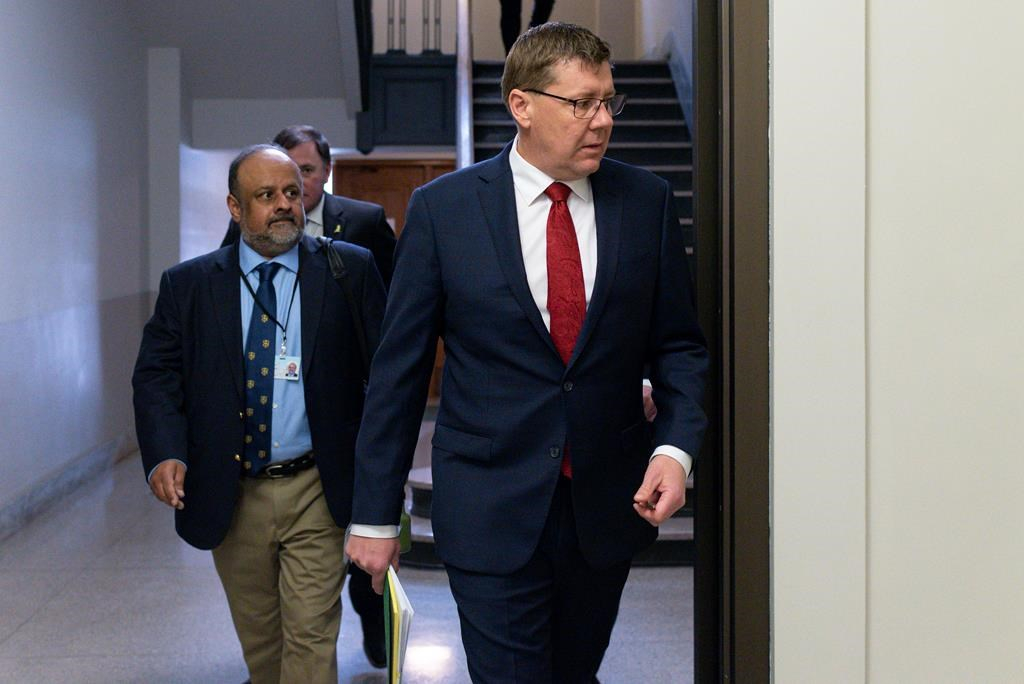
“We don’t have any interjurisdictional boundaries in Saskatchewan. We haven’t had that for other communicable diseases and other crises and we certainly don’t have that for COVID,” Shahab said.
“Knowing where that individual is, or which community, is of absolutely no value because all the contacts are accounted for and followed-up.”
Meili is also a physician in Saskatoon, having applied to renew his medical license in March to be able to help with the COVID-19 response. He is now working a couple of shifts a week, at the Saskatoon testing facility and at the Lighthouse homeless shelter. He doesn't agree with the notion that all of Saskatchewan can approach the pandemic in the same way from a health perspective.
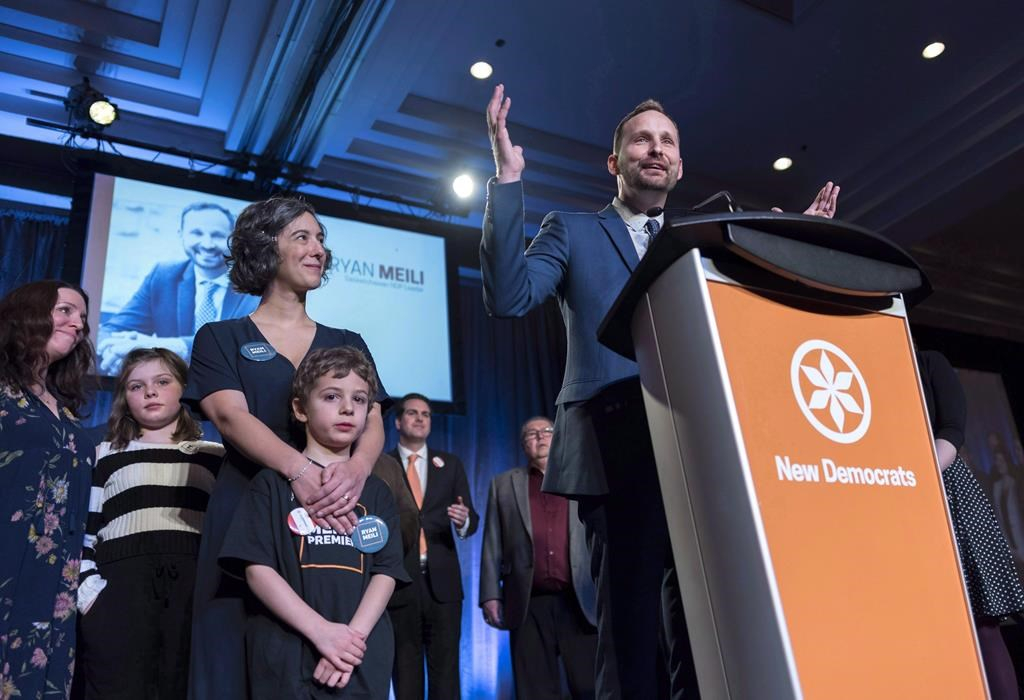
“Northern communities are different. There are distance challenges, there are crowded housing challenges, there are challenges with poverty and associated illness that make these communities more susceptible and more vulnerable.”
He wants an approach that is tailored to the needs of northern communities.
“This outbreak is a very serious concern. We’ve raised since the beginning of April the need for a different approach for northern Saskatchewan… This has not been a priority for the Sask. Party,” Meili said.
“Whenever tragedy happens up north, resources come afterwards. That’s not when we need them. We needed them beforehand.”
Premier Moe said there are unique challenges when an outbreak happens in a remote northern community.
“As I noted yesterday, even though Saskatchewan has successfully reduced the spread of COVID-19, unfortunately we can expect to experience isolated outbreaks,” Moe said on Friday.
Staffing of the checkpoints will continue to be directed by northern leadership. Moe said that the provincial government has offered fire suppression staff to support the checkpoints and to provide any other support required.
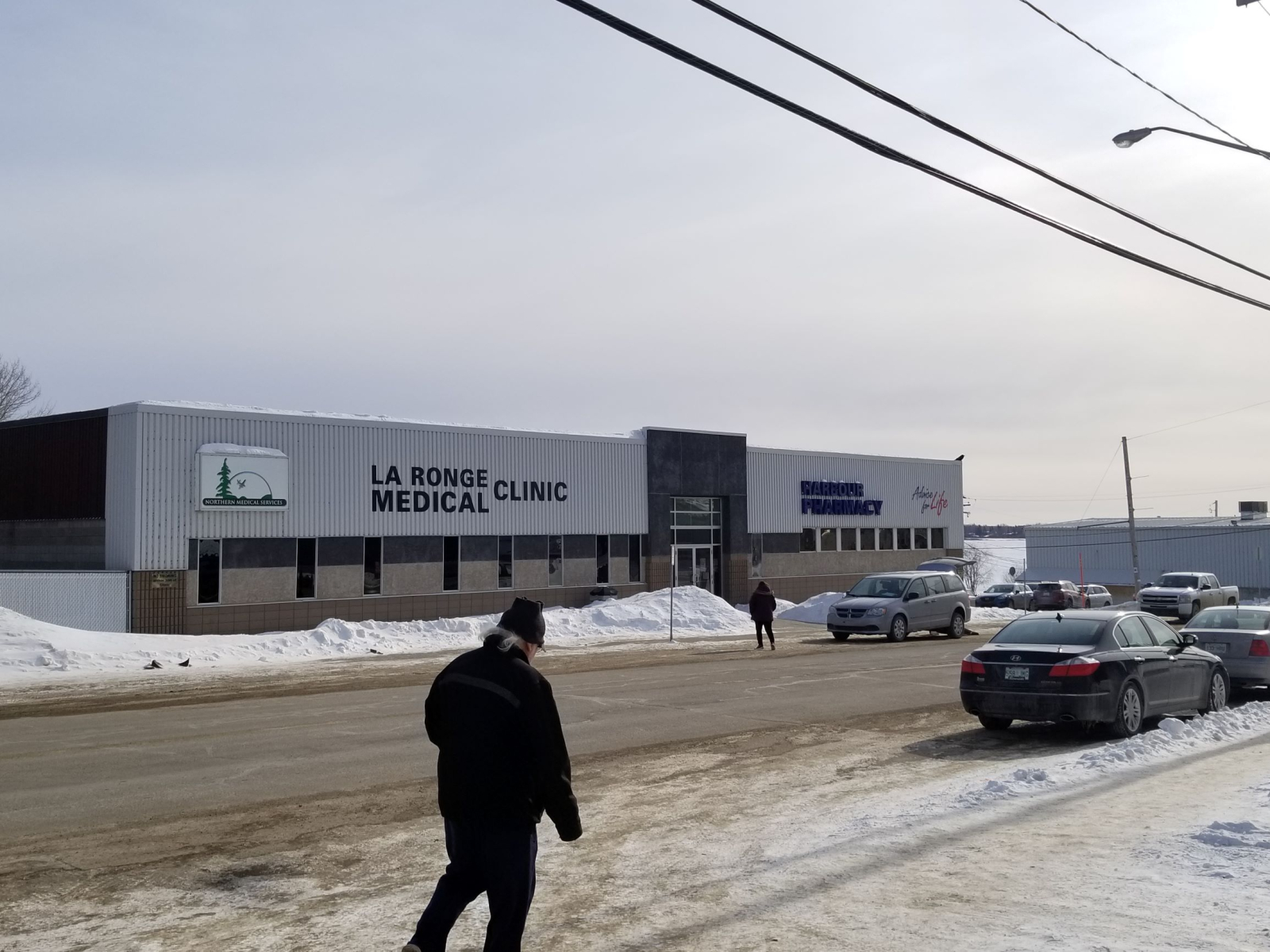
“Our health system and our government is prepared to take immediate action to respond to these outbreaks and that’s what we are doing today in the north.”
Residents aren’t waiting on Moe to follow through on all of his promises.
“Please help support that we need to keep the north locked down, be very, very aware that this isn’t over when you open up and it could spread, that's your government’s responsibility,” Candyce Paul said.
“Please don’t drop all the precautions that you’ve been told to do, even though the government says you can. Because they’re not thinking of you and your families and your vulnerable.”
Michael Bramadat-Willcock / Local Journalism Initiative

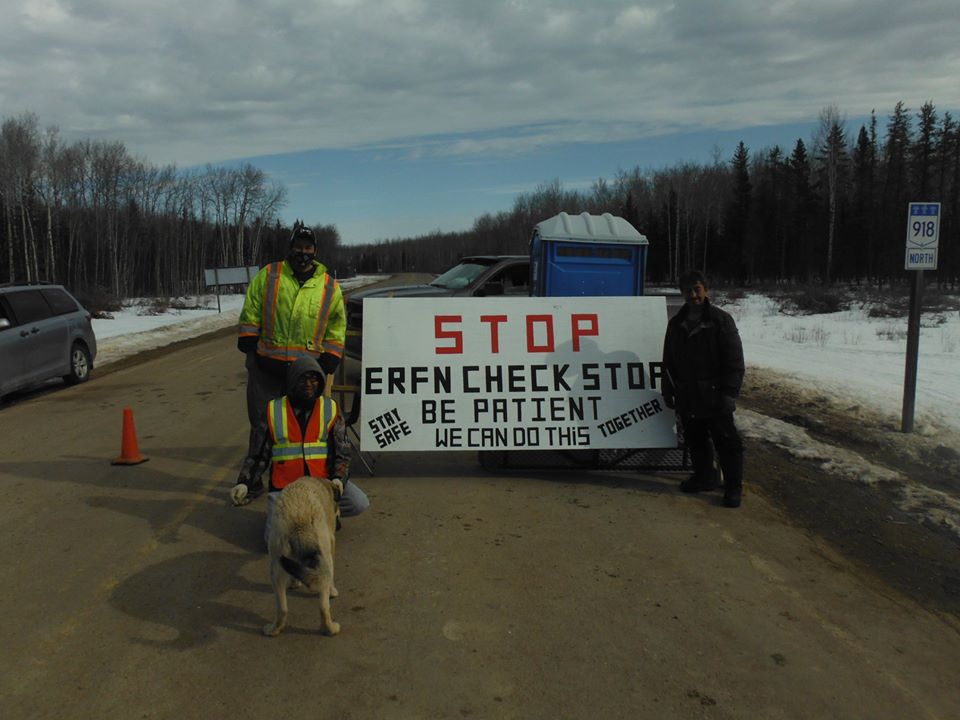




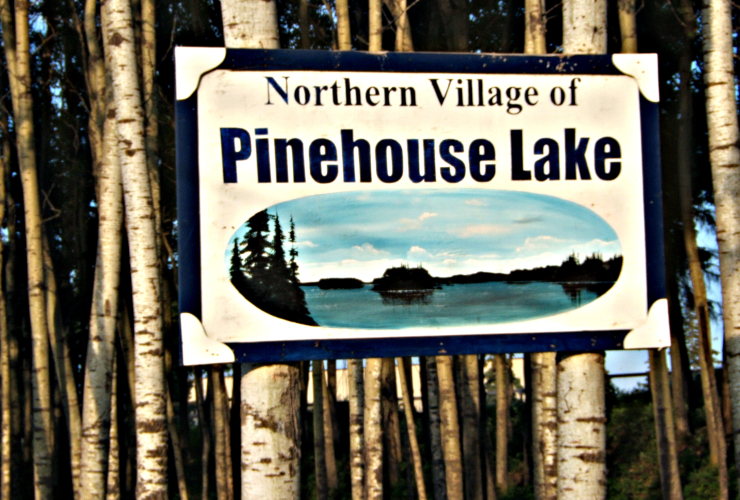
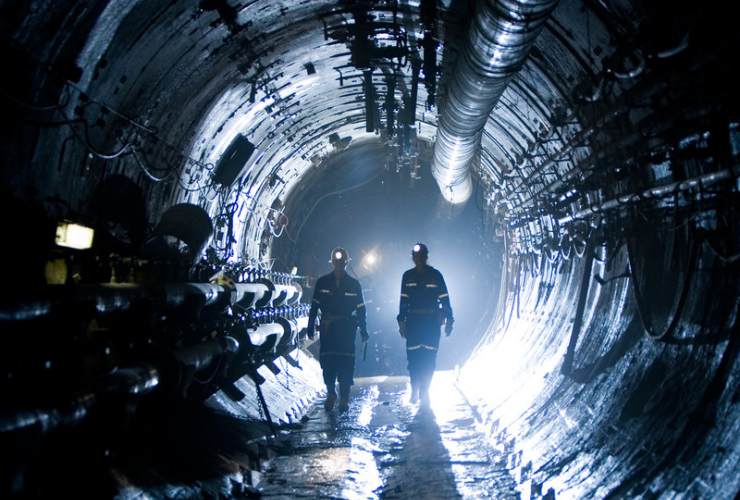
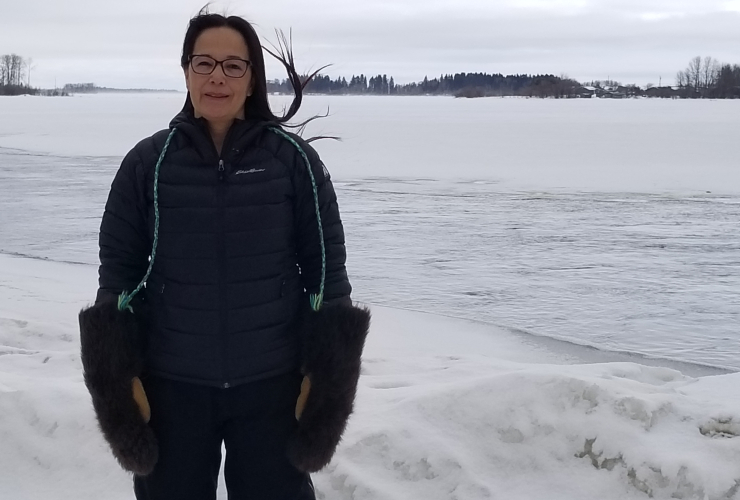


Comments